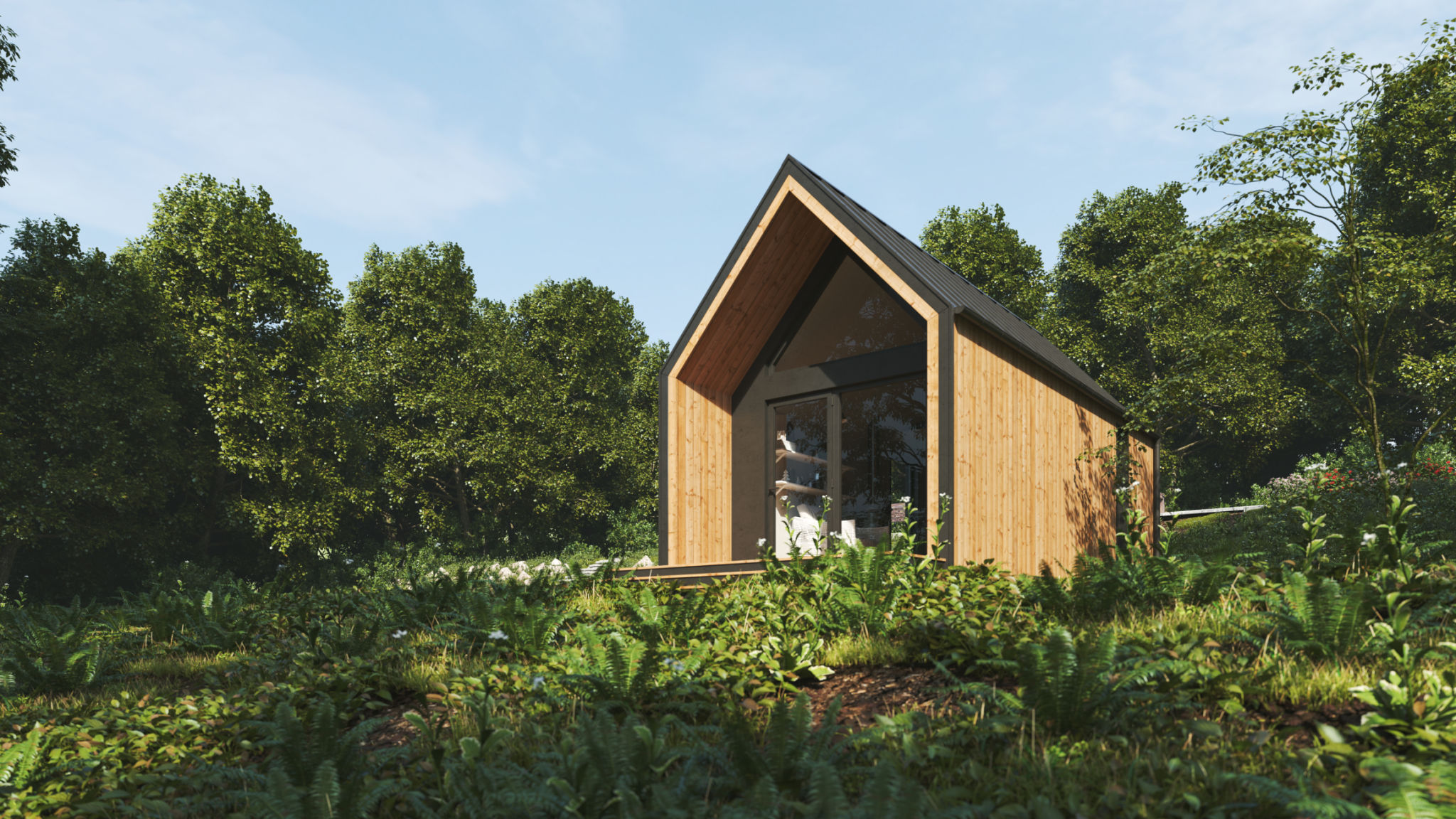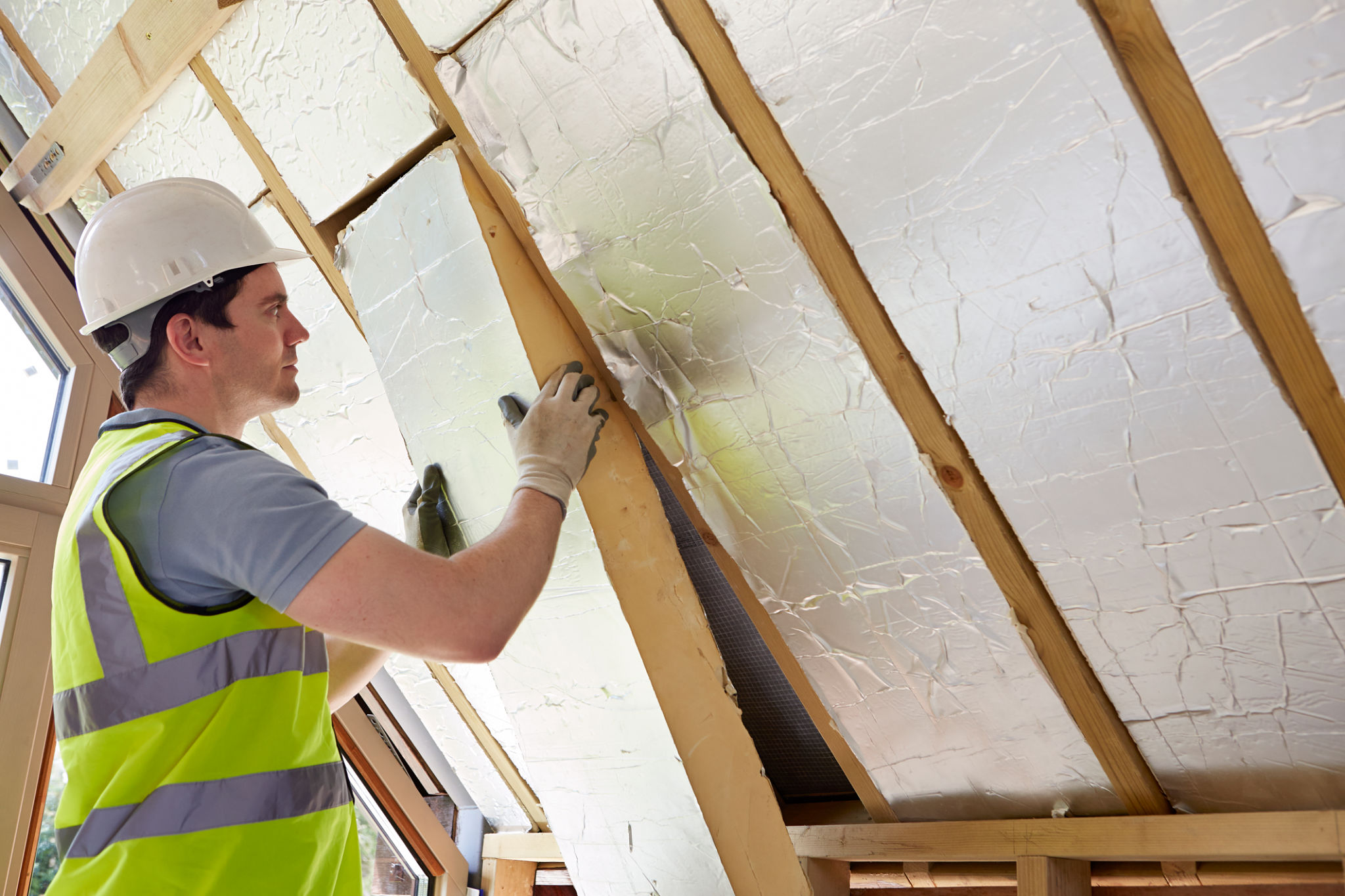Sustainable Building Materials for Extensions: A Guide for UK Homeowners
Understanding Sustainable Building Materials
As the demand for home extensions continues to rise in the UK, homeowners are increasingly turning to sustainable building materials. These materials are designed to reduce environmental impact, enhance energy efficiency, and provide long-term durability. Whether you're adding a new room, expanding your kitchen, or building a conservatory, using sustainable materials can make a significant difference in your home's carbon footprint.

The Benefits of Choosing Sustainable Materials
Opting for sustainable building materials offers numerous benefits. Firstly, these materials are often made from recycled or renewable resources, reducing the depletion of natural resources. Secondly, they contribute to better indoor air quality by minimizing the release of harmful chemicals. Most importantly, sustainable materials can help reduce energy costs over time due to their insulating properties.
Cost-Effectiveness
While the initial investment in sustainable materials might be higher, they often prove cost-effective in the long run. Materials like recycled steel and reclaimed wood are not only durable but also have lower life-cycle costs, meaning fewer replacements and repairs over time.

Common Sustainable Building Materials
There is a wide range of sustainable materials available for home extensions. Here are some popular options:
- Bamboo: A fast-growing plant that regenerates quickly, bamboo is an eco-friendly alternative to traditional timber.
- Recycled Steel: Known for its strength and durability, recycled steel reduces the need for new steel production.
- Reclaimed Wood: Sourced from old buildings and structures, reclaimed wood adds character while minimizing waste.
Innovative Insulation Solutions
Insulation plays a pivotal role in energy efficiency. Consider using sheep wool or cellulose insulation, which are both effective and environmentally friendly. Sheep wool is not only biodegradable but also provides excellent thermal and acoustic insulation. Cellulose insulation, made from recycled paper products, offers a high R-value, ensuring your extension stays warm in winter and cool in summer.

Choosing the Right Windows
Windows are another critical component of sustainable home extensions. Double or triple-glazed windows with low-emissivity coatings can significantly reduce heat loss. Additionally, consider using windows made from sustainably sourced wood or recycled aluminum to further minimize environmental impact.
Solar Panels and Roofing
If you're considering a roof extension, integrating solar panels can be a wise choice. Not only do they provide renewable energy, but they can also reduce electricity bills. For roofing materials, consider recycled shingles or green roofs, which promote biodiversity and improve air quality.
Working with Sustainable Builders
When planning your extension, partnering with builders experienced in sustainable construction can make all the difference. They can provide valuable insights into material selection, design considerations, and energy-efficient solutions tailored to your specific needs.

In conclusion, choosing sustainable building materials for your home extension is not just an investment in your property but also an investment in the environment. With careful planning and consideration, you can create a beautiful, functional space that aligns with eco-friendly principles.
